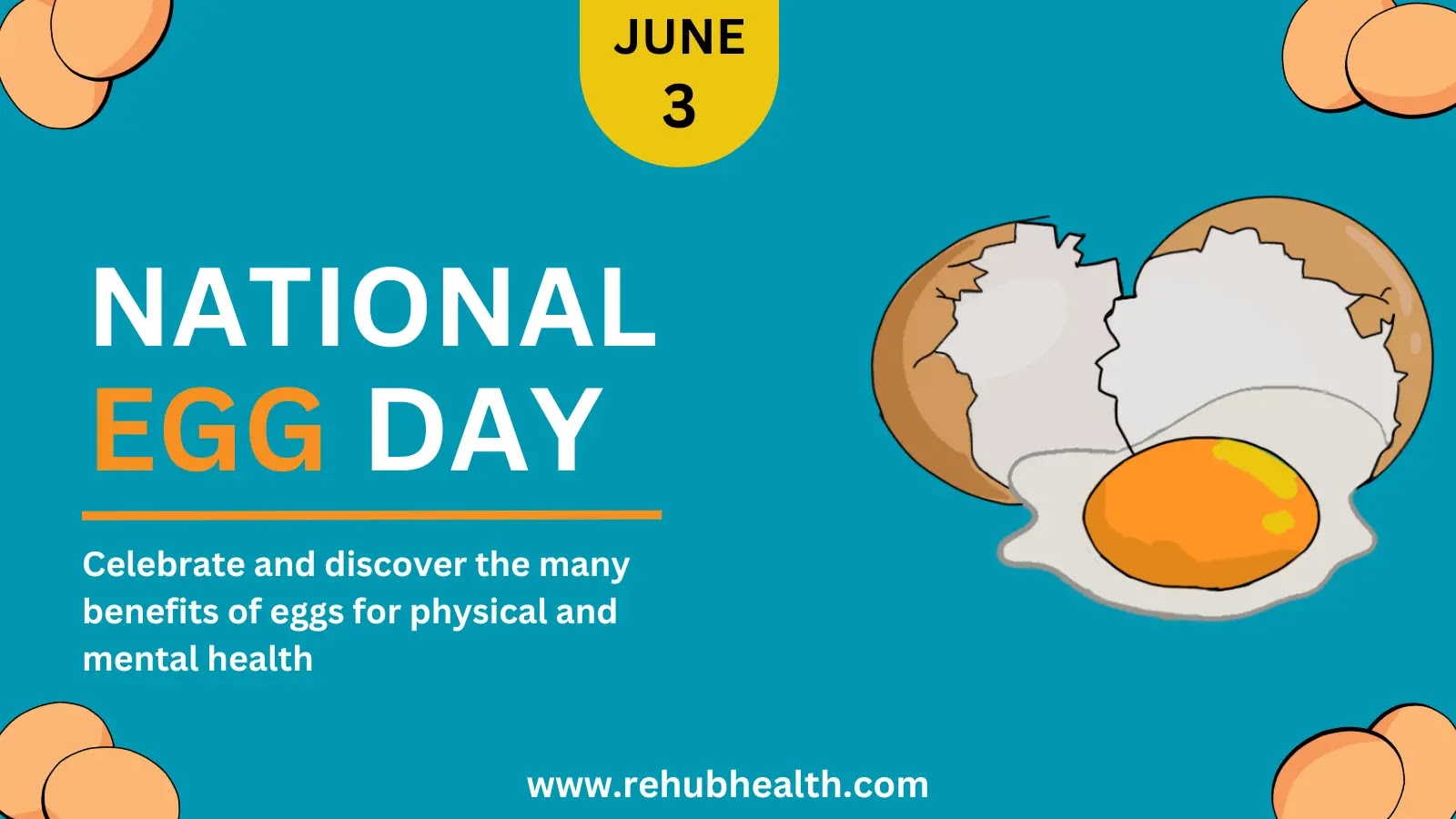High Blood Pressure (Hypertension)
What is high blood pressure?
With each beat, the heart pushes blood through the arteries. Arteries are the blood vessels that carry blood from the heart to the rest of the body. The term blood pressure expresses the pressure that the blood applies to the walls of the arteries. And without blood pressure, blood will not flow through the blood vessels, and the person will die. At the same time, if the blood pressure rises significantly, it strains the heart and damages the arteries and other organs.
After several years, high blood pressure can cause serious problems, such as stroke, heart failure, stroke, and kidney damage.
Hypertension is called the silent killer because it usually causes no symptoms until very late.
High blood pressure causes more deaths and serious health problems than almost any other condition, but most of its complications can be prevented through proper treatment
Exercising, eating less salt, losing weight, quitting smoking, and limiting alcohol intake help lower blood pressure
Also, the patient may need to take tablets for the treatment of blood pressure - sometimes 2 or 3 different types.
It is important to continue taking the medicine even if the patient feels unwell.
Measurement of high blood pressure
Doctors use a sleeve-shaped wearable device to measure blood pressure. Two numbers are being recorded. For example, the blood pressure may be 120/80, let's say "120 over 80".
A higher value expresses the higher pressure in the arteries, which is when the heart pushes blood out. This value is called systolic blood pressure.
The lower value expresses the lower pressure in the arteries, which is when the heart relaxes before pushing the blood out again. This value is called diastolic blood pressure.
Blood pressure is not the same every time it is measured. It also varies slightly throughout the day, and from day to day. But the reading usually stays within 5 or 10 points all the time.
How do doctors classify high Blood pressure?
In adults, doctors classify blood pressure as:
Normal: when it is less than 120/80
High: when the systolic pressure is between 120-129, and the diastolic pressure is below 80
The first stage of hypertension: is when systolic pressure is between 130-139, or when diastolic pressure is between 80-89
The second stage of hypertension: is when the systolic pressure is 140 or more, or when the diastolic pressure is 90 or more.
Causes of high blood pressure
High blood pressure usually does not have an obvious cause, it just happens. This type of hypertension often runs in families (a hereditary condition). It is more common among people over 45 years of age.
The risk of developing this type of hypertension increases in the following cases:
- Getting older
- Overweight or obesity
- Lack of activity
- Psychological distress
- Smoking
- Eat a lot of salt
Less commonly, other medical problems can cause high blood pressure, especially:
- Kidney problems
- Hormonal problems, such as the production of excessive amounts of thyroid hormone (hyperthyroidism) or the production of small amounts of adrenal hormone (Cushing's syndrome)
- Pregnancy is sometimes
Many drugs and substances can raise blood pressure. Blood pressure decreases when the pharmacological effects go away or the effect of the substance fades unless the person has high blood pressure for other reasons. Some of the common substances that cause high blood pressure include:
- Alcohol
- Contraceptive pills
- Caffeine
- Corticosteroids
- Nasal decongestants, such as phenylephrine pseudoephedrine, and pseudoephedrine.
- Non-steroidal anti-inflammatory drugs (eg ibuprofen)
- Stimulant drugs (such as amphetamines and cocaine)
Symptoms of High blood pressure
- Chest pain
- Shortness of breath
- Headaches
- Mental confusion or difficulty speaking
- Blurred vision
- Weakness or numbness on one side of the body
Diagnosis of high blood pressure
Screening tests for hypertension
Tests in case of high blood pressure
- Clinical examination
- Eye examination
- ECG-the test that measures the electrical currents in the heart and records them on a sheet of paper
- Blood tests and urinary tests
Treatment of high blood pressure
Lifestyle Modification
- Start exercising, or increase the rate of exercise
- Weight reduction if a person is overweight
- Limit the intake of alcoholic beverages
- Stop smoking;
- Learn to relax and manage the intensity



.webp)


